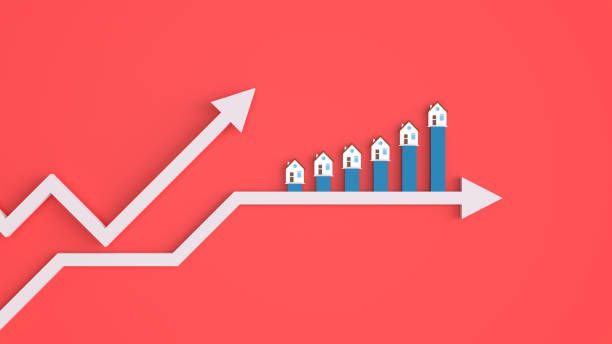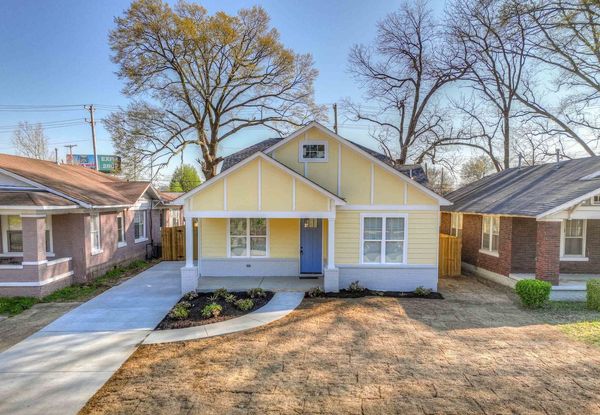In this article, we’ll discuss housing market predictions for 2024 and how you can take leverage these predictions if you're considering buying or selling your home or investing in residential real estate in 2024.
The housing market has always been a dynamic and evolving entity. The myriad of factors influencing its rise and fall include economic indicators, interest rates, and regional demand, to name a few. Many are looking ahead with both curiosity and caution, wondering what 2024 might have in store.
Here are some educated predictions for the housing market in the coming year.
Home Inventory Forecast for 2024: Housing Supply
Home supply in the US has dropped to 20 year lows and we expect that supply will remain low in 2024.
In 2023, the US housing market suffered from tight inventory, with demand outpacing the available home supply. This tightness led to increased home prices in many regions.
Looking ahead to 2024, experts anticipate a slight easing in inventory constraints. Increased construction activities and a shift in homeowners' mindsets might bring more properties to the market. However, in popular urban centers and tech hubs, the supply could remain limited, keeping prices elevated.
Home Prices in 2024

According to Zillow and Fannie Mae, home prices will only see a moderate increase of about 2-3% in terms of appreciation.
After dramatic increases in home values the past few years, 2024 could be the year where home prices find a more stable ground. However, the extent of stabilization will largely vary depending on the region. Urban areas with a high influx of technology jobs, for example, may still witness rising prices, while suburban regions may see a more significant slowdown.
2024 Real Estate Trends and Opportunities
- Higher Mortgage Rates to Continue: The FED raised interest rates aggressively in 2023. This has dampened buyer demand, especially demand from first-time buyers. In 2023, the central bank’s Federal Open Market Committee raised its funds rate to a target range of 5.75% - the highest level for the benchmark rate since early 2001.
- Shift towards Suburbia: As remote work becomes more institutionalized, the demand for spacious homes in suburban and rural areas is expected to soar. The year 2024 could further solidify this trend as individuals prioritize more space and a quieter environment over the hustle and bustle of city living.
- Sustainable Housing: Climate change and environmental concerns will play a more significant role in influencing home buying decisions. Energy-efficient homes, green construction materials, and eco-friendly amenities might become more than just buzzwords but essential criteria for a growing number of buyers.
- Increased Use of Technology: Virtual home tours, AI-powered property suggestions, and blockchain-based property transactions could become even more mainstream in 2024. The integration of technology in real estate is expected to increase, making the buying and selling process more streamlined and user-friendly.
- Renting Over Buying: With the uncertainties introduced by the global scenario over the past few years, the idea of flexibility is becoming more attractive. This could translate into a slight tilt towards renting over buying as people might not want to commit to long-term investments, especially in unpredictable markets.
- Global Influences: The international scenario will continue to have a significant impact on local housing markets. Economic growth, international trade tensions, and geopolitical events can affect investor confidence, thereby influencing real estate prices and demand.
Final Remarks
In conclusion, while predicting the housing market's exact trajectory is a complex task, these trends provide a glimpse into what potential shifts might be on the horizon for 2024. As always, whether you're a buyer, seller, or investor, it's essential to stay informed, be adaptable, and keep an eye on both local and global cues to navigate the real estate landscape successfully.






